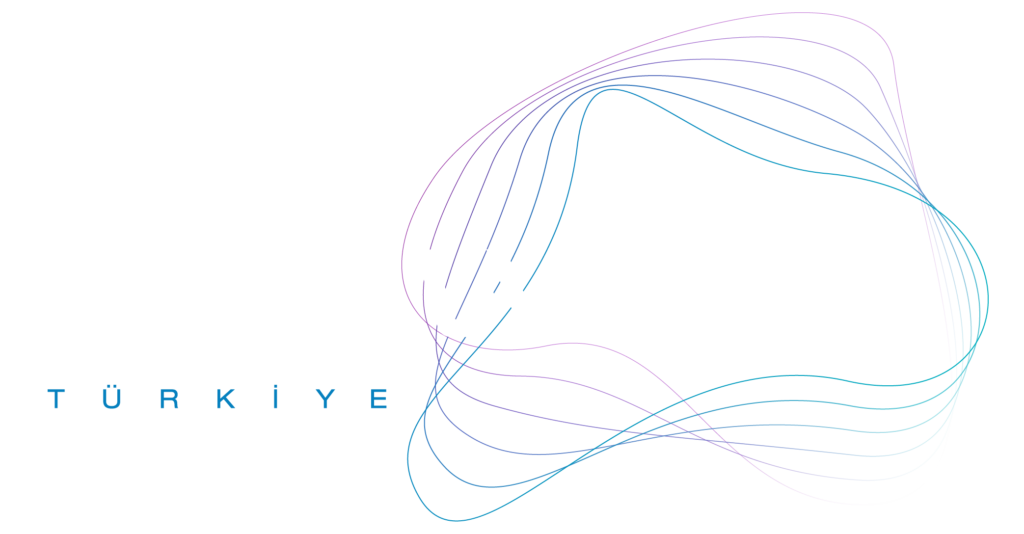This study investigates the impact of the duration of folic acid supplementation on the risk of developing gestational diabetes mellitus (GDM) in Chinese women. This prospective study included 326 pregnant women, examining their folic acid intake during pre-pregnancy and early pregnancy, lipid profiles at 16-18 weeks of gestation, and the diagnosis of GDM at 24-28 weeks. The study utilized linear and logistic regression models to analyze the associations between folic acid supplementation, lipid profiles, and the risk of GDM, while adjusting for potential confounders.
The researchers found that 10.1% of the participants developed GDM. There was a U-shaped relationship observed between the duration of folic acid supplementation and the risk of GDM. Women who did not take folic acid or took it for more than 90 days had a higher incidence of GDM compared to those who supplemented for 60 days or less. Additionally, lipid profiles were positively correlated with both the duration of folic acid supplementation and the risk of GDM. After adjusting for demographics, energy and nutrient intakes, and lipid profiles, the odds ratio (OR) for GDM in women taking folic acid for more than 90 days compared to those taking it for 60 days or less was 3.45. The study suggests a positive association between prolonged folic acid supplementation, altered lipid profiles in the second trimester, and an increased risk of GDM, indicating the need for further research to understand the causal relationship and underlying mechanisms.
Original Publication:
Huang, L. L., Yu, X., Li, L., Chen, Y. H., Yang, Y. Y., Yang, Y., Hu, Y., Zhao, Y. Y., Tang, H. S., Xu, D. X., & Zhao, M. (2019). Duration of periconceptional folic acid supplementation and risk of gestational diabetes mellitus. Asia Pacific Journal of Clinical Nutrition, 28(2), 321–330.
https://doi.org/10.6133/APJCN.201906_28(2).0014

